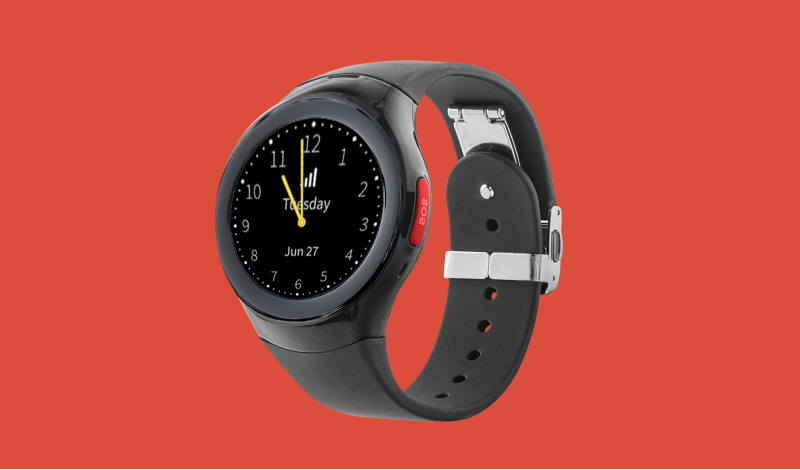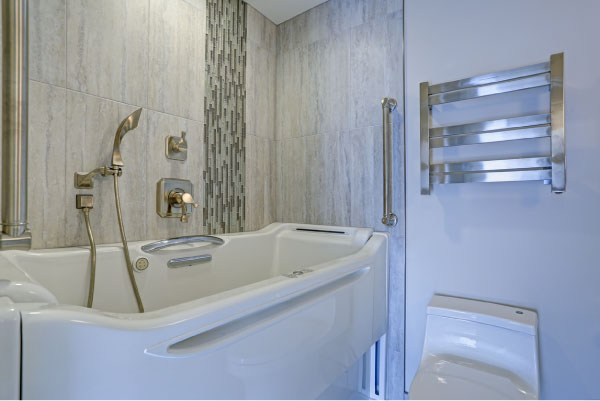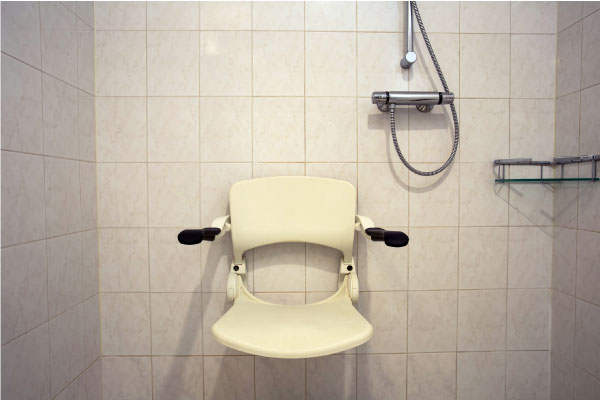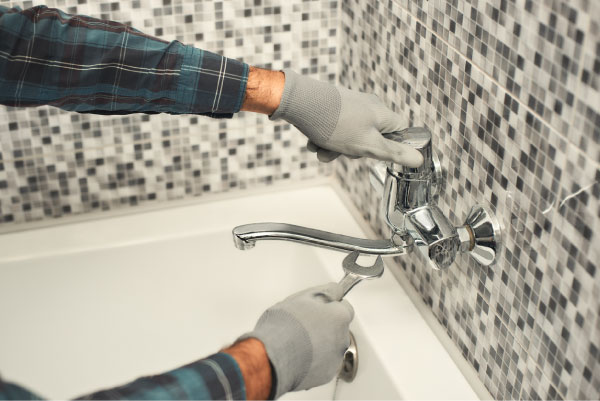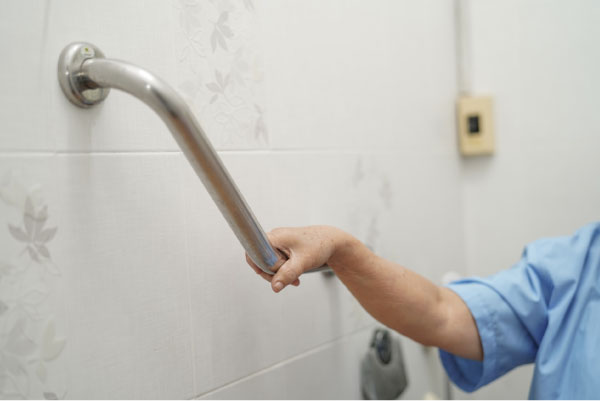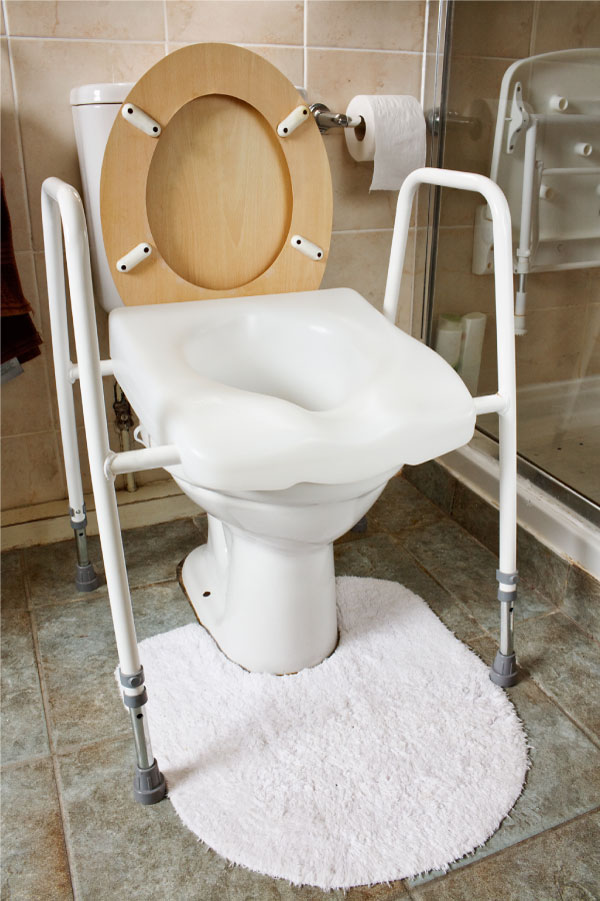When your goal is aging in place, or staying at home as independently and safely as possible, home modifications and other devices can help you to meet that goal. Unfortunately, home renovations and the addition of other modifications can be quite expensive. Seniors look to Medicare to offset the costs of certain items they will use regularly that will make aging in place, safety, and independence easier.
A walk-in tub, for example, can help decrease the risk of falls and subsequent injuries, making it an important home modification for aging in place. However, you might not be able to get Medicare assistance when purchasing one. Let’s dive into the question: will Medicare pay for a walk-in tub?
Medicare and Walk-in Tubs
In most cases, traditional Medicare and supplemental Medicare insurance (Medigap) plans will not pay for a walk-in tub.
Medicare Parts A & B cover durable medical equipment, or DME, when prescribed by a doctor as medically necessary. Common types of DME include walkers, wheelchairs, and hospital beds. Unfortunately, other assistive devices, like a walk-in tub, are not considered DME, which means Medicare will not offset the cost.
Durable medical equipment must also meet these Medicare guidelines:
- A medical diagnosis from a Medicare-approved physician stating that the equipment is a medical necessity.
- A written prescription that details why the device is necessary, along with specific features required.
- Proof that it was purchased from a Medicare-approved supplier.
Even so, many seniors and people with disabilities could benefit from a walk-in tub. Each year, the healthcare costs associated with falls cost an estimated $31 billion. Falls are the leading cause of injury among seniors, and many serious falls happen in the bathroom. If you are looking for a walk-in tub, begin your research by learning how to choose the best walk-in tub for seniors for your senior bathroom makeover.
Medicare Advantage (Part C) Plans and Walk-in Tubs
Medicare Part C plans are most often referred to as Medicare Advantage (MA). It is offered by private insurance companies who are allowed to provide an enhanced set of benefits not usually covered by Medicare Parts A & B. For example, some MA plans offer health club memberships, vision and dental coverage, and more. If your MA plan has an (OTC) allowance amount, you may be able to use those funds to help pay for a walk-in tub.
Consult with your Medicare Advantage provider to see if there is any coverage available for a walk-in tub. Be prepared to provide a physician’s prescription and other documentation.
Some State Medicaid Programs may Cover a Walk-in Tub
Medicaid coverage and eligibility requirements vary from state to state because individual states set their own rules (subject to federal oversight). Some state Medicaid systems operate under Home and Community Based Services (HCBS) waivers. Those waivers allow states to implement programs designed to help people receive care at home and remain in their own communities instead of entering long-term care.
If you qualify for Medicaid, a state-funded program based on financial qualifications, you might be able to receive some reimbursement for the expenses of a walk-in tub. It’s crucial that you speak to your Medicaid caseworker before beginning to research your options in order to ensure that they will cover some of the costs and that you meet any eligibility requirements.
If you are eligible and your state has the funds, you might be able to receive some assistance with the purchase cost as well as the installation.
Visit the Medicaid.gov State Overview page to get more information about state programs and contact information for Medicaid in your state.
Eligible Veterans may Qualify for Home Modification Assistance
The Department of Veterans Affairs (VA) offers Home Improvements and Structural Alterations (HISA) grants to qualified veterans. The grants offer assistance to “disabled veterans with service-connected medical issues (and in some cases, non-service-connected issues) who need to make alterations to their homes.”
Any renovations must be prescribed by a VA physician and declared “medically necessary.” As of 2021, the lifetime cap on benefits is $6800. Recipients can use the grant money for the following purposes:
- Installing or modifying essential bathroom and self-care facilities
- Improving plumbing or electrical systems to accommodate medical equipment
- Modifying entrances and exits
- Modifying kitchen & bathroom sinks, counters, surfaces, etc.
- Improving entrance paths or driveways with ramps
The first two purposes are directly related to walk-in tubs. Veterans with service-related disabilities should contact the VA to learn if they are eligible for HISA grants.
Affordable Alternatives to a Walk-in Tub
What happens if you’re not eligible for any monetary assistance and can’t afford a walk-in tub or you can’t install one for other reasons – such as living in a rental property? There are alternatives to a walk-in tub that can make your self-care easier and safer.
- Shower chair: The price for a shower chair or stools ranges from $30-$300 depending on the type and options you choose. Most are portable, but some models can be attached to the wall of the tub or shower for extra stability. The portable ones don’t require any structural renovation, and you can take them with you when you travel or move to a new residence. Learn how to choose the best shower chair for your needs.
- Grab bars: Place them in the shower/tub area and nearby to help prevent falls.
No matter what your age, bathrooms can be dangerous places. Walk-in tubs, shower chairs, grab bars, raised toilet seats, and other safety equipment can help prevent dangerous falls. However, if the worst happens, make sure you have a way to call for help.
Bay Alarm Medical specializes in medical alerts that you don’t have to wear. With our standard or wall-activated wall buttons, help is just a call away. You can easily summon help by pulling a cord, pushing a button, or simply telling the system to “Call 9-1-1.”
Contact us at 1-877-522-9633 to learn more about Bay Alarm Medical alert systems and how you can try one risk-free.



